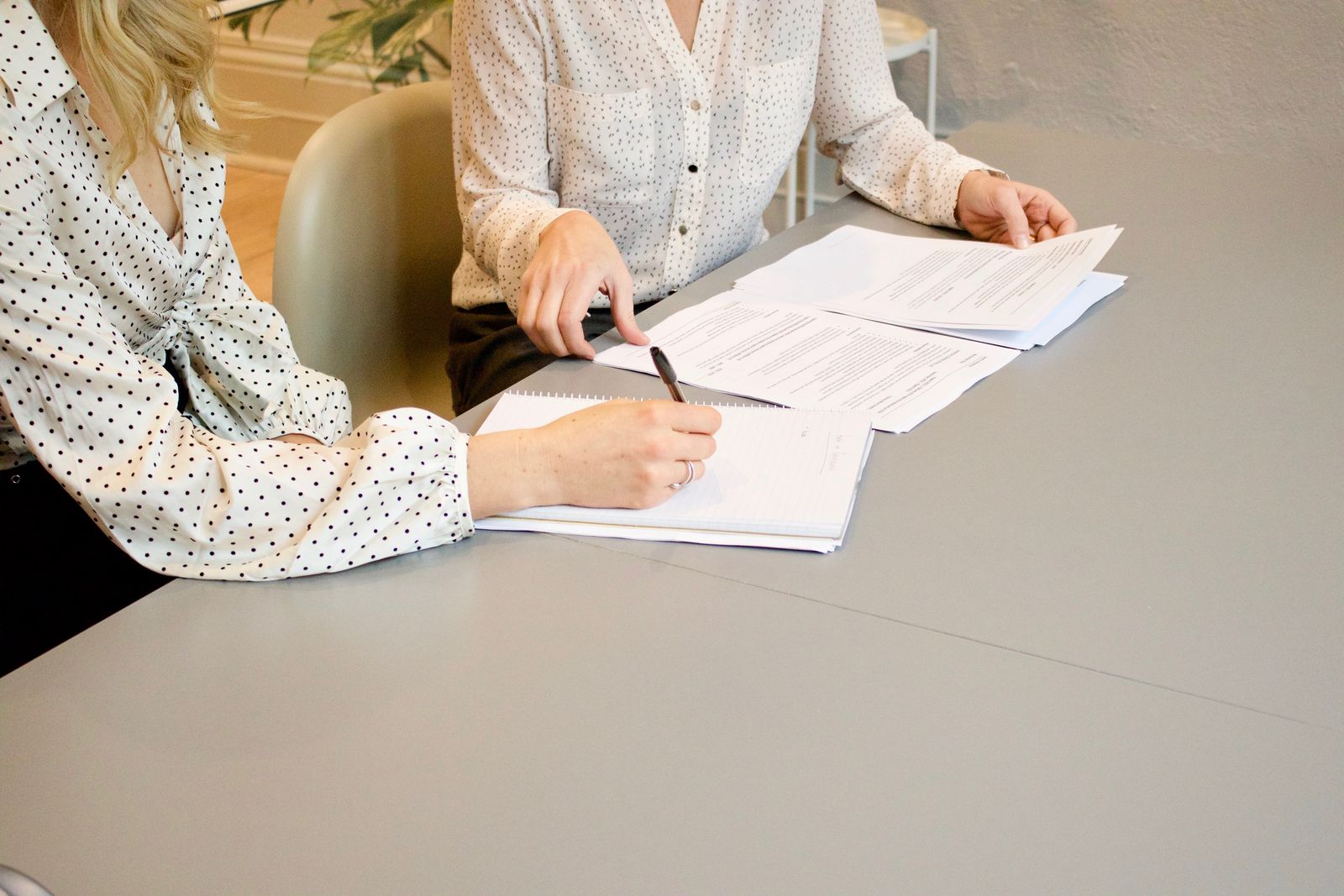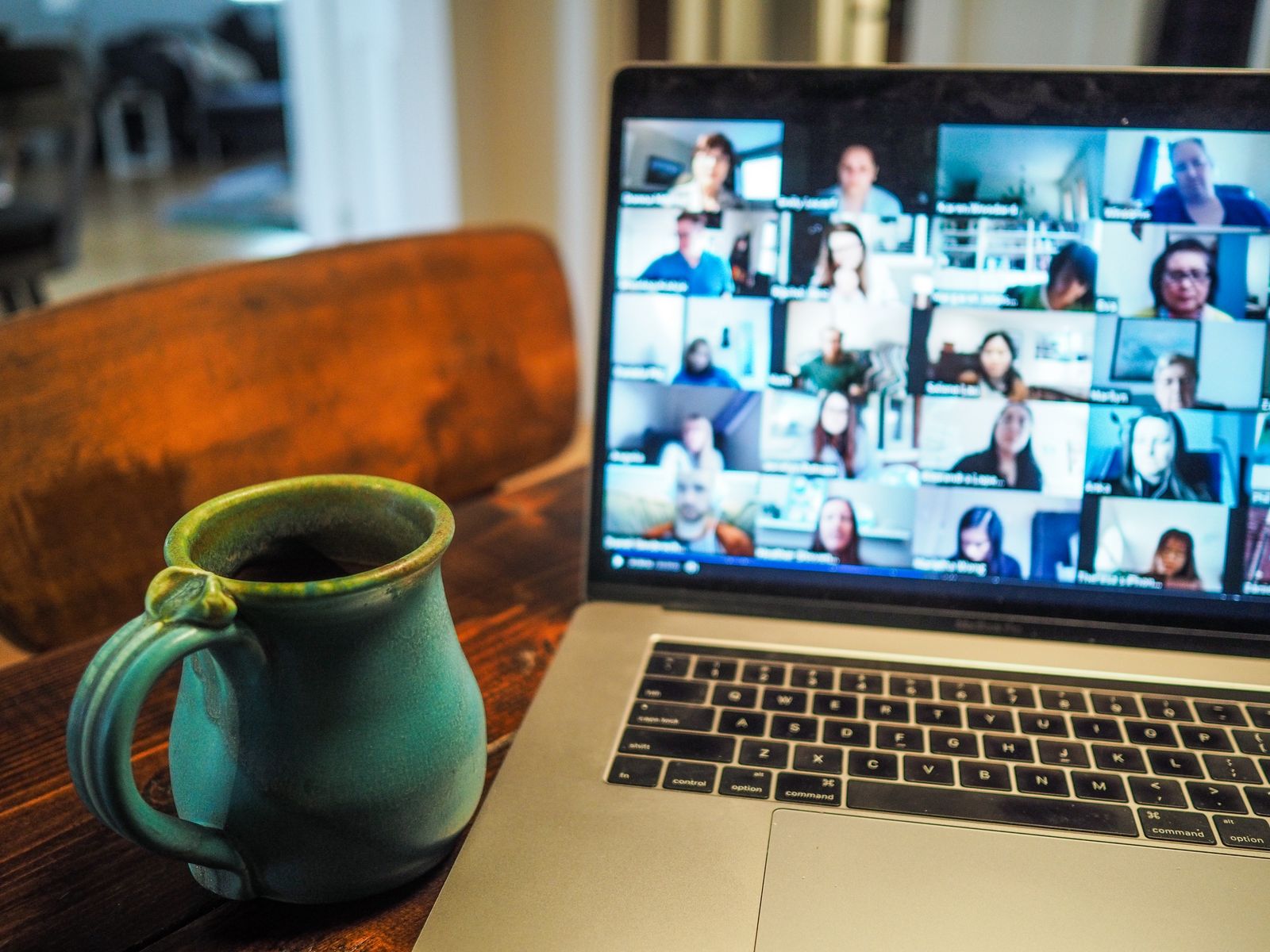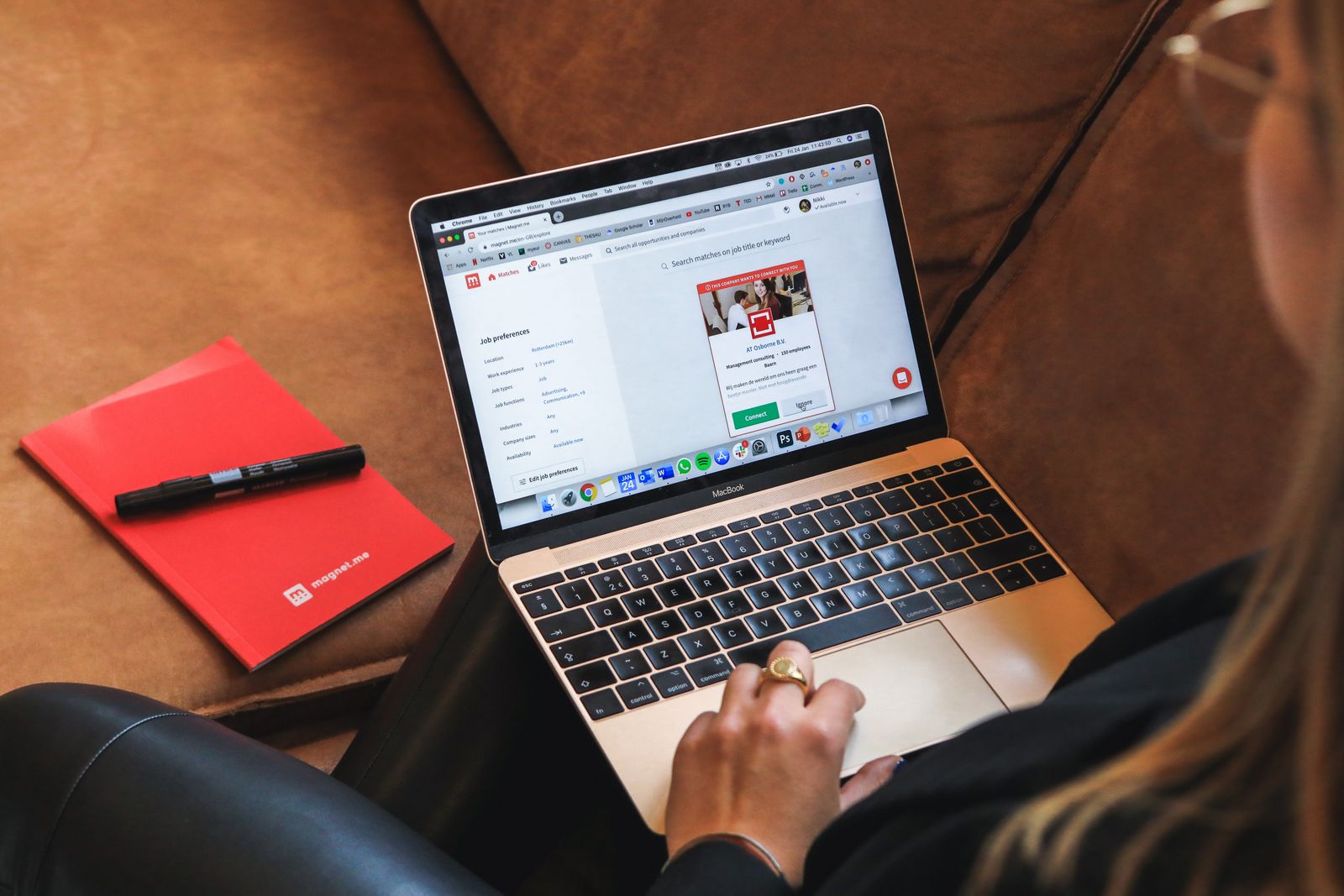7 ways to boost your chances of getting a job right now
Finding a job is difficult, particularly in today’s difficult and aggressive business environment. Even after months of looking, many candidates may not be able to find work. To improve your chances of being recruited, you may just need to rethink your job search methods. A list of things you may do to improve your chances of landing a job. In this article, we provide a list of things you can work on to increase your chances of getting a job.
- Dress for the Role
According to Wendy Green, author of “50 Things, You Can Do Today to Boost Your Confidence,” having a perfect look can boost your confidence. Prepare for your interview many days ahead of time.
Also, double-check that your clothing has been dry-cleaned and is ready to wear. Dress appropriately for the position you’re applying for, make sure your hair is neat, and your fingernails are clean. Keep visible tattoos, piercings, and jewellery covered for the interviews.
- Get your CV in order (and upload it to our database)
Your CV is the first step to be noticed by a potential employer, so make sure you don’t hurry the process. Don’t hurry in order to apply first. If you get it wrong, your carefully prepared application will be tossed after a few lines, but if it’s written properly and neatly structured, you’ll be more likely to grab an employee’s attention for all the right reasons.
But don’t only send your application to specific employers through email; invite them to come to you. Employers may discover you before you’ve ever read their job post if you submit your CV to the OppTy database. Who says you have to put forth all the effort?
- Be Well-Prepared for Interviews:
Interviews are no exception to the rule that practice makes you perfect. Although you can’t anticipate every question on the big day, there are a few that interviewers consistently ask, regardless of the position. Employers don’t want you to have a terrible interview, so try to relax and remember that they’re on your side. Among the questions you might anticipate are: Tell us about yourself!
This question is usually asked within minutes of each interview, and with a little preparation, you won’t be one of the many applicants that struggle with it. The greatest advice we can offer you is to make your response brief and straightforward. Tell them about your history, achievements, why you want to work for their business, and your long-term objectives. If you believe you’ll have trouble with this one, review your resume before going in to refresh your memory.
You would also be confronted with behavioural questions during your interview. Consider these questions to be an extension of the “Tell us about yourself” inquiries, since your responses will almost always relate to your past positions and experiences. Expect to be asked questions like…
- Tell me about a moment when you had to manage several things at the same time.
- How do you handle consumers that complain?
- Describe a situation in which you had to get the best out of someone who wasn’t doing well.
You get the point, right? These questions are simple to prepare for, so don’t be alarmed; instead, plan beforehand.
- Research the Company: What kind of employee is the company looking for? What qualifications should that individual possess? Before the interview, do research about the company, and the position you’re applying for to assess current employees and corporate culture. This will assist you in thinking of questions to ask during the job interview. You may get useful background information in a variety of free job-hunting applications.
- While you’re waiting, be careful what you say and do. It may be easy to spend your anxious energy fidgeting with your phone or thumbing through magazines while waiting in the lobby before an interview. However, you never know who at work is monitoring your every move. Scrolling through your iPhone to pass the time may give the impression to a prospective employer that you’re bored, uninterested in the job, or overconfident. Instead, The Reserve Network, a business that specialises in hiring solutions, encourages job seekers to, “Consider the most essential abilities you want to communicate and practice a few stories that show your expertise. You should have a lot of stuff prepared before the interview, but it’s never a bad idea to go over it again so it’s fresh in your memory.”Remember to be kind to the receptionist and anybody else you encounter while you wait; bad networking skills may cost you your job.
- Prove that you are a good fit for the company In an interview with Business News Daily, Mark Babbitt, founder, and CEO of YouTern, stated, “Employers just can’t take a risk on someone who won’t blend well with the current team, doesn’t share similar objectives with their colleagues, and isn’t aligned with the company’s purpose.”Ask intelligent questions throughout the interview process to see whether you are a good match for the company’s culture. If you think you are a good match for the culture, express your excitement and interest in the interviewer.
4. Connect with the Interviewer
In an interview, charm can go a long way. Ask intelligent questions not just about the job, but also about the interviewer. You may learn a lot about a business and establish a useful contact by inquiring about the person’s career path, how long they’ve been there, and what they like most about it, whether or not you get the job. Kelly Hoey, networking specialist and author of “Build Your Dream Network: Forging Powerful Relationships In A Hyper-Connected World,” stated, “During my job hunt, I connected with a recruiter who initially was not able to suggest me as a candidate to her clients since I lacked employment experience.” “We stayed in contact with an annual lunch in January, and in the months between, she’d send me industry information on everything from job opportunities to departmental budgets, as well as wages at competitors’ companies.” Don’t forget to thank your interviewers for being patient enough to go through the interview process with you. With a grin and a firm handshake, thank each interviewer. Send a thank-you letter to each interviewer separately via email or mail after the interview, depending on the firm’s culture. Remember that you may say more after the interview in a thank-you letter. If you have a prepared statement but didn’t get a chance to say anything, put it in the note and submit it as soon as possible after the interview.





















